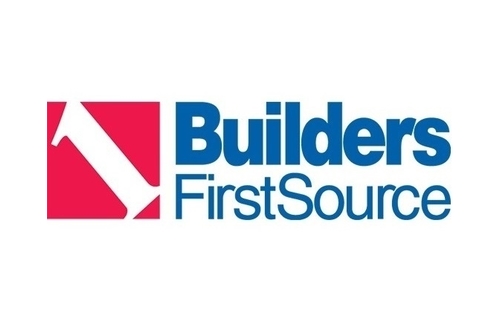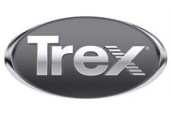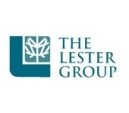Deflation impacted net sales for Builders FirstSource (BFS) in the second quarter of 2019, causing an 8.9% decrease year over year (YOY). Net sales for the period ending on June 30 were $1.9 billion and the YOY decrease can primarily be attributed to the deflation in the price of lumber and lumber sheet goods, the dealer announced in its second quarter earnings report.
Lumber and lumber sheet goods sales decreased 25.8% YOY, largely because of the deflation in commodity prices compared to the second quarter of 2018. Sales in the gypsum, roofing, and insulation product categories also decreased compared to the year-earlier period.
Despite these decreases in individual product sales, sales volume excluding deflation grew by 2.4%, according to BFS. Sales in the single-family home sales volume grew by nearly 4%, compared to a decline of 6.2% in actual U.S. Census Bureau single-family starts during the period. Sales in the multifamily segment also grew YOY, while sales in the repair and remodel market decreased YOY. Sales volume in BFS’s value-added product categories grew 5.0% YOY, including a 5.9% YOY growth in the manufactured products category and 4.1% growth in window, door, and millwork product sales.
While sales decreased YOY for the Dallas-based dealer, net income grew 17.7% YOY to $66.6 million in the second quarter of 2019.
“During the second quarter, we continued to expand our sales of value-added products and solutions to our customers and delivered solid results for our shareholders,” CEO Chad Crow said in a public statement. “We generated above market growth, expanded margins and progressed on the execution of our strategic plan.”
The dealer’s gross margin increased $20.8 million YOY to $517.2 million and gross margin percent ticked up to 27.2% for the second quarter from 23.7% in the year-earlier period. BFS attributed the margin percentage increase to an improved product mix, the decline in the cost of commodities relative to its customer price commitments, and a focus on pricing discipline.
Selling, general, and administrative (SG&A) expenses in the second quarter of 2019 rose to $401.5 million, an increase of $9.7 million from the second quarter of 2018.
BFS measures itself in EBITDA—earnings before interest, taxes, depreciation, amortization, integration-related expenses, and other unusual costs. Adjusted EBITDA in the second quarter grew 4.7% YOY to $145.6 million. Adjusted EBITDA also improved to 7.6% of sales in the second quarter, compared to 6.7% in the same period a year ago.
BFS, the second largest company on the 2019 ProSales 100, acquired some assets and operations of Sun State components for approximately $43 million in July 2019. The assets include three manufacturing facilities in Arizona and Nevada. The acquisition expands the presence of BFS to 40 states and 77 of the top 100 U.S. metro statistical areas.



